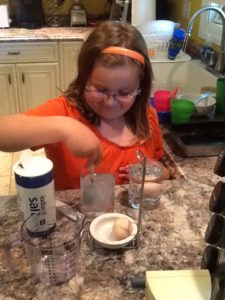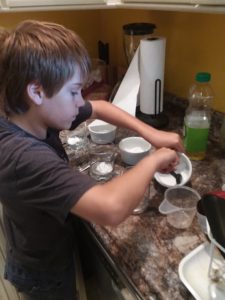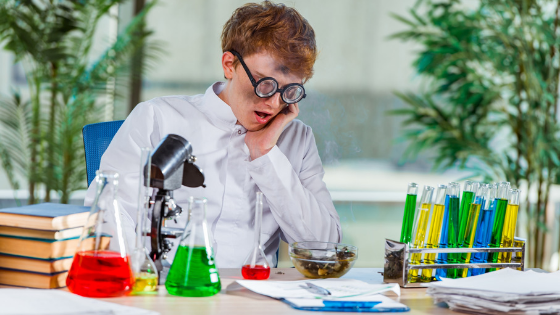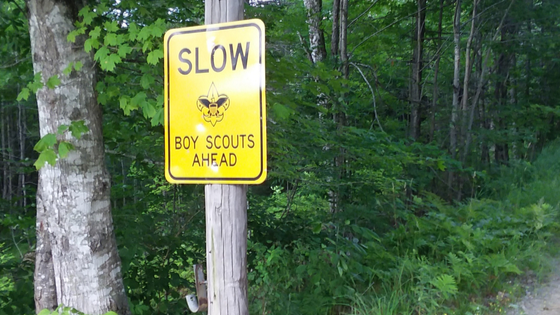Science can be so much fun. Often there are lots of opportunities for hands-on learning and fun experiments. That is when everything goes as planned. It is inevitable things will go wrong at some point. Science experiments don’t always work out the way we want them to.
You know what I’m talking about. You get out all the materials, you read through the procedures, and the kids get to work. However, you get towards the end and realize something went wrong. Your kids are looking at you, and you’re trying to figure out what to do next.
Now what?!
My kids and I are used to our science experiments failing. We laugh about it and praise ourselves when it doesn’t fail. I used to panic, but not anymore. Failed science experiments are not so bad.

When Experiments Fail
Make a Choice
You need to decide what to do. You have a few choices.
- Give up.
- Try again.
- Discuss what should have happened.
- Watch a video of the experiment done correctly.
Take Action
Give up: This probably isn’t the best choice. We want our kids to learn from their mistakes not give up and walk away. I know it is tempting. It isn’t the best option unless you blew up the kitchen or destroyed your science equipment.
Try again: Trying again may be a good choice. If you have the materials, you might want to give it another try. Look at the experiment again. Did you skip a step? Was the water at the correct temperature? We all make mistakes and in science. A small mistake can impact the results, though.
When you redo an experiment, kids get to follow the scientific process. Experiments fail even for scientists. However, they use the scientific method to try again and again.
Thomas Edison is someone that often comes to mind when it comes to failures. As quoted in an article, “But They Didn’t Give UP“:
Edison made 1,000 unsuccessful attempts at inventing the light bulb. When a reporter asked, “How did it feel to fail 1,000 times?” Edison replied, “I didn’t fail 1,000 times. The light bulb was an invention with 1,000 steps.”
I like this positive outlook better than seeing experiments gone wrong as failures.

Discuss what should have happened: Sometimes you don’t have the materials or the time to redo an experiment. Often science books will explain what will happen and why.
Take this as
Watch a video of the experiment done correctly: When an experiment won’t work, turn to the internet or YouTube. Someone has probably made a video of the experiment. You can observe how they did it and see the intended results.
Even if you don’t do the experiment yourselves, everyone can still learn from watching it. You can discuss the procedures and the science behind it. Seeing an experiment is still much better than reading about it in a book.

Final Thoughts
As I mentioned, my kids and I are the King/Queens of Failed Experiments. I can’t tell you how many times we’ve looked at an experiment and said, “What the heck happened?!” Or “Mom, I don’t think it’s supposed to do that.”
All the great scientists and inventors failed many times. It is a great way to teach kids about perseverance, hard work, and using creative and critical thinking skills.
Failed science experiments don’t have to be scary. They happen, and it is a great learning opportunity. Use it as a badge of honor. You failed like all the other successful people in life. You have the choice on how to handle it.
What science experiment have you done that went horribly wrong? Share your stories below.




